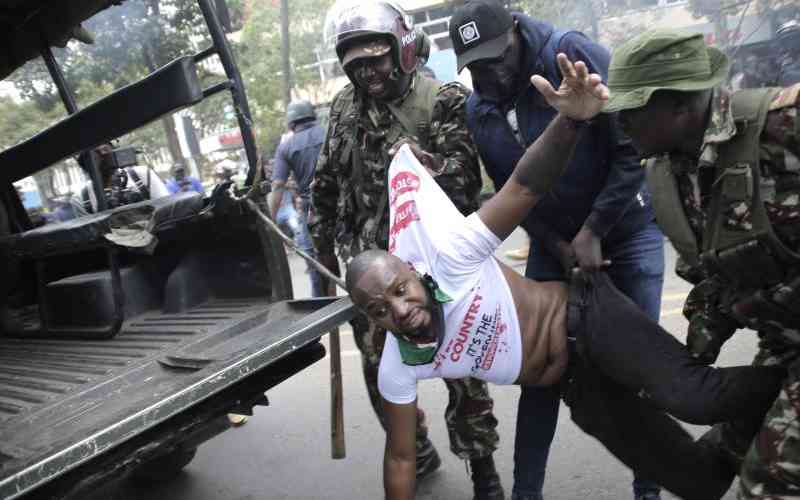×
The Standard e-Paper
Smart Minds Choose Us

The Independent Policing Oversight Authority (IPOA) has been put to task by Parliament over its apparent ineffectiveness in protecting public rights against Kenya Police Service officers' brutality.
The Authority which appeared before the Constitutional Implementation Oversight Committee (CIOC) in Parliament buildings to answer critical questions regarding its role in overseeing the National Police Service found it difficult to explain what it was doing to safeguard citizens.